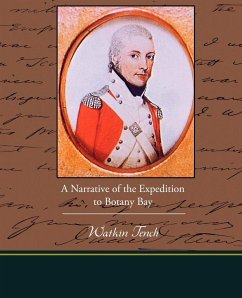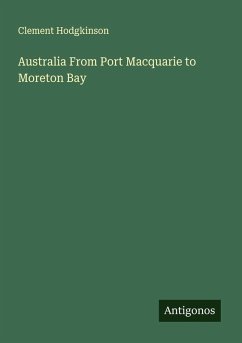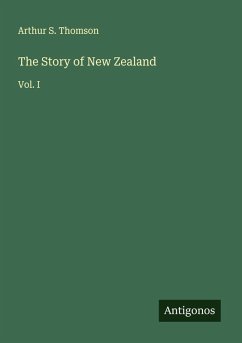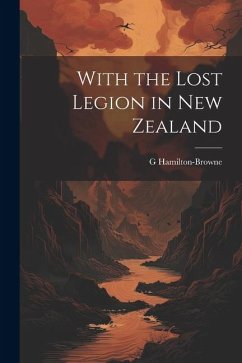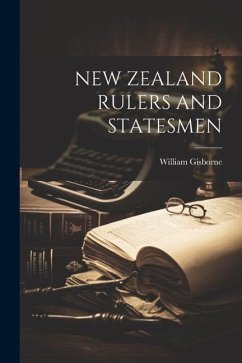Watkin Tench
Broschiertes Buch
A Narrative of the Expedition to Botany Bay
Versandkostenfrei!
Versandfertig in 1-2 Wochen
Weitere Ausgaben:

PAYBACK Punkte
7 °P sammeln!




A Narrative of the Expedition to Botany Bay
British marine officer and author Watkin Tench (1758-1833) is most known for his in-depth accounts of the early British settlement of Australia. He was born in Chester, England, and enlisted in the Royal Marines in 1776. Tench was chosen as a marine officer for the First Fleet in 1787. The First Fleet was a fleet of ships that were intended to establish a penal colony in New South Wales, Australia. He lived in the colony for three years, during which time he maintained thorough records and published various volumes, including "A Comprehensive History of the Colony at Port Jackson" and "A Memoir of the Expedition to Botany Bay" (1789). (1793). These writings, which are still regarded and studied today, provide a unique and insightful perspective into the colony's early years. Tench continued to serve in the Royal Marines until his return to England in 1791, ultimately achieving the rank of lieutenant colonel. After taking a break in 1796, he relocated to Devon, where he remained until his death in 1833. In addition to his publications about Australia, Tench also wrote a book named "Military Diary of Major Ebenezer Denny" about his experiences in the American War of Independence (1820).
Produktdetails
- Verlag: Book Jungle
- Seitenzahl: 70
- Erscheinungstermin: 4. November 2009
- Englisch
- Abmessung: 235mm x 191mm x 5mm
- Gewicht: 151g
- ISBN-13: 9781438528847
- ISBN-10: 1438528841
- Artikelnr.: 27961959
Herstellerkennzeichnung
Libri GmbH
Europaallee 1
36244 Bad Hersfeld
gpsr@libri.de
Für dieses Produkt wurde noch keine Bewertung abgegeben. Wir würden uns sehr freuen, wenn du die erste Bewertung schreibst!
Eine Bewertung schreiben
Eine Bewertung schreiben
Andere Kunden interessierten sich für



